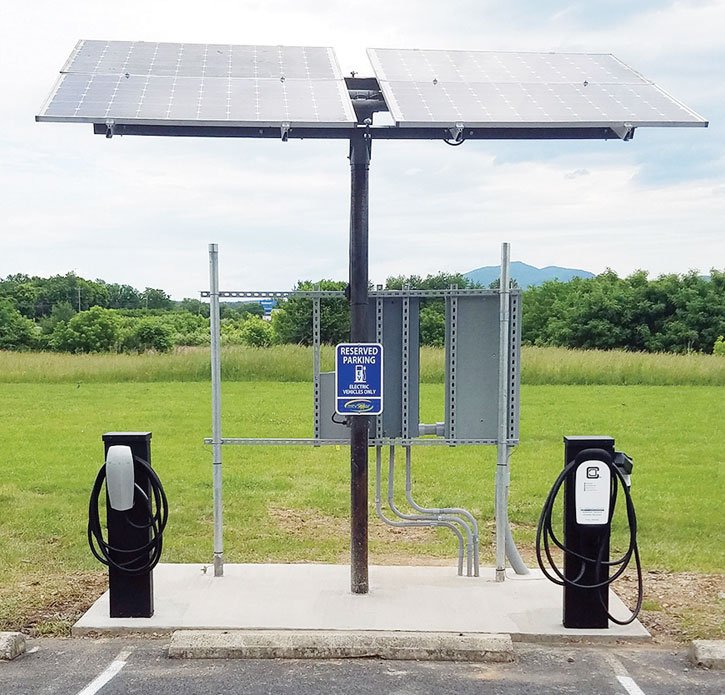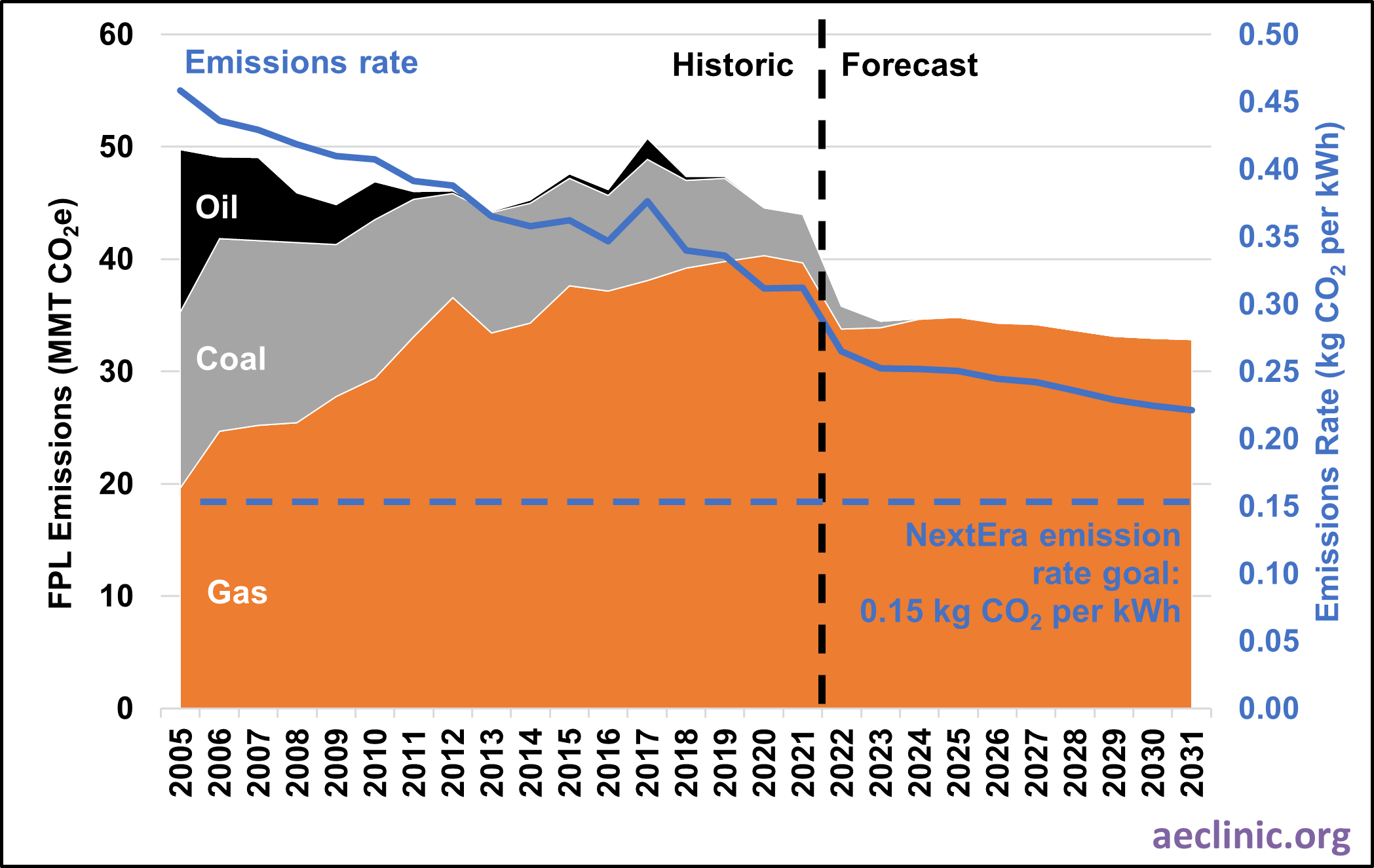Client: Environmental Defense Fund
Authors: Tanya Stasio, Joshua Castigliego, Chirag Lala, and Liz Stanton, PhD
May 2022
On behalf of the Environmental Defense Fund, Researchers Tanya Stasio, Joshua Castigliego, Chirag Lala, and Director and Senior Economist Liz Stanton, PhD make recommendations for Florida Power and Light (FPL) to assist the utility in embracing the clean energy transition and reduce risks to ratepayers and its parent company, NextEra Energy's, shareholders.
Utilities across the United States are pursuing net-zero emissions targets while NextEra, the only large utility parent company that lacks an absolute carbon reduction goal, aims to reduce carbon intensity by 67 percent of 2005 levels by 2025. Moreover, FPL’s plans for the future are not aligned with NextEra’s emission rate reduction target. Based on AEC's assessment of FPL/NextEra’s transition plans and a review of electric utility climate plans, AEC offers seven recommendations for a new transition plan:
1. Coordinate NextEra and FPL transition plans
2. Establish short-, medium-, and long-term emission reduction targets, including a net zero target
3. Ramp up demand-side management efforts
4. Invest in energy storage technologies
5. Modernize the electric grid and increase renewable energy capacity
6. Consider multiple scenarios in future planning and reduce planning time horizon
7. Increase stakeholder and community engagement and continue to align plan with TCFD recommendations
Link to Report (updated May 16, 2022)
Link to Executive Summary
Return to Our Work




















